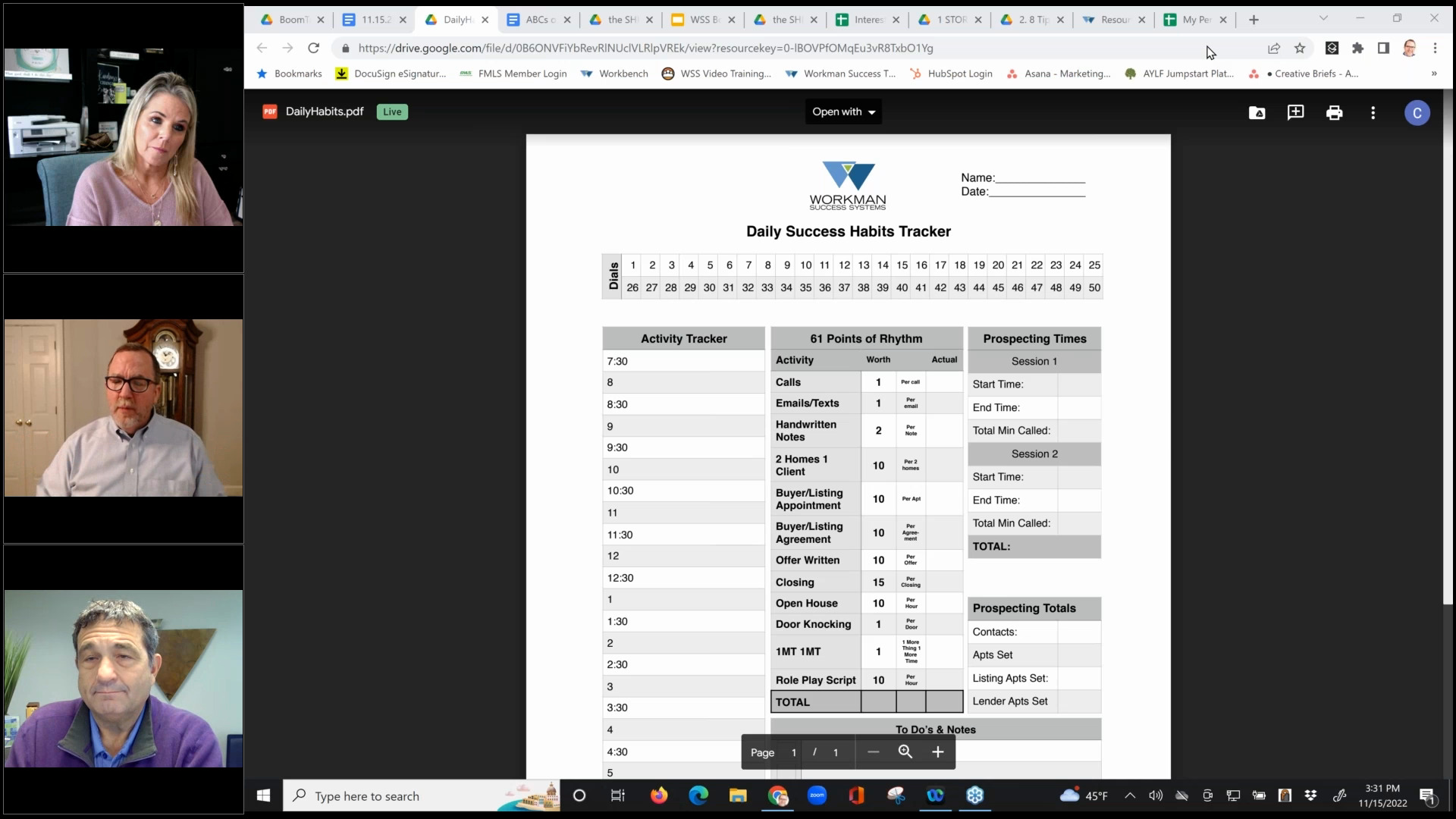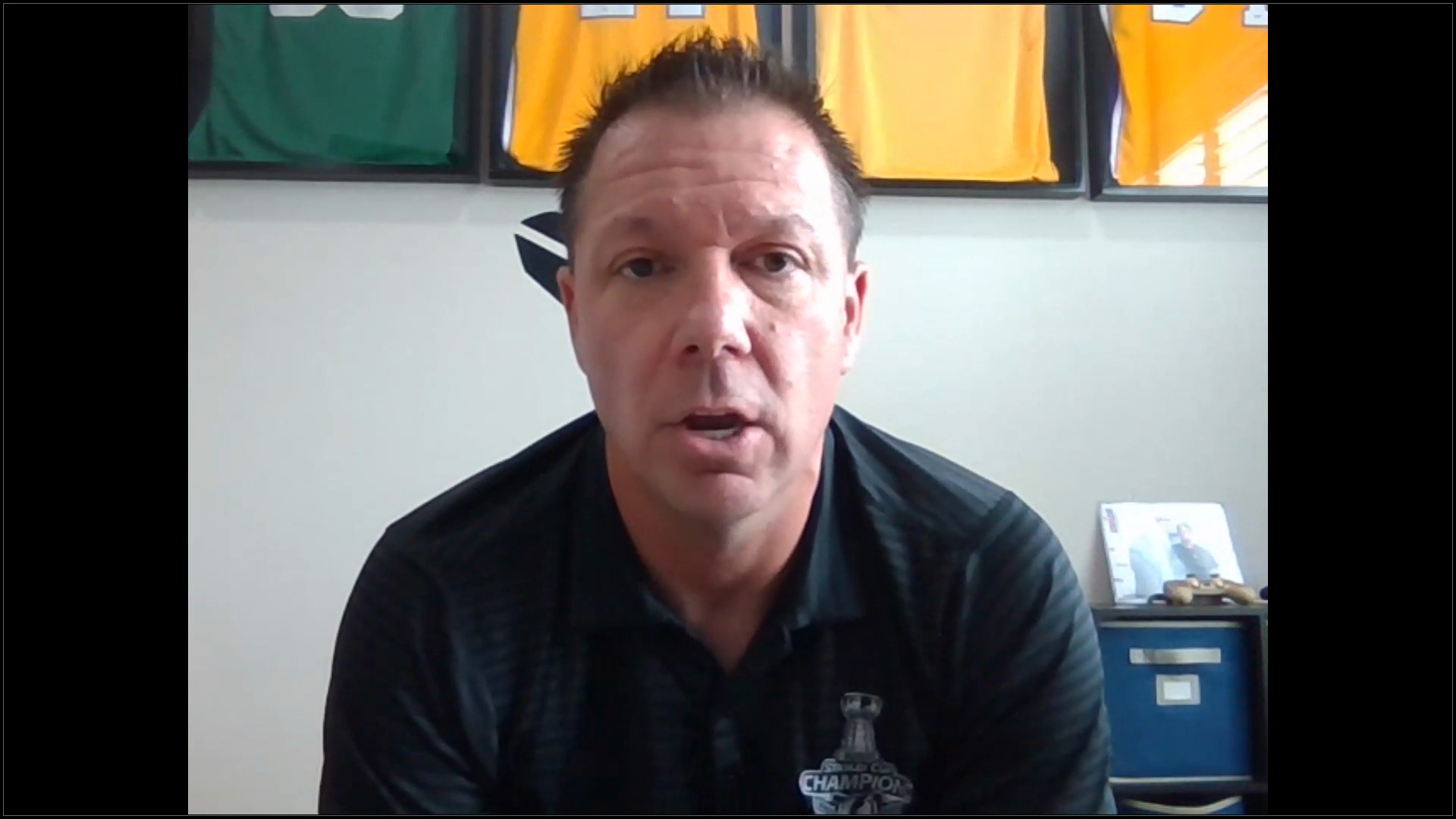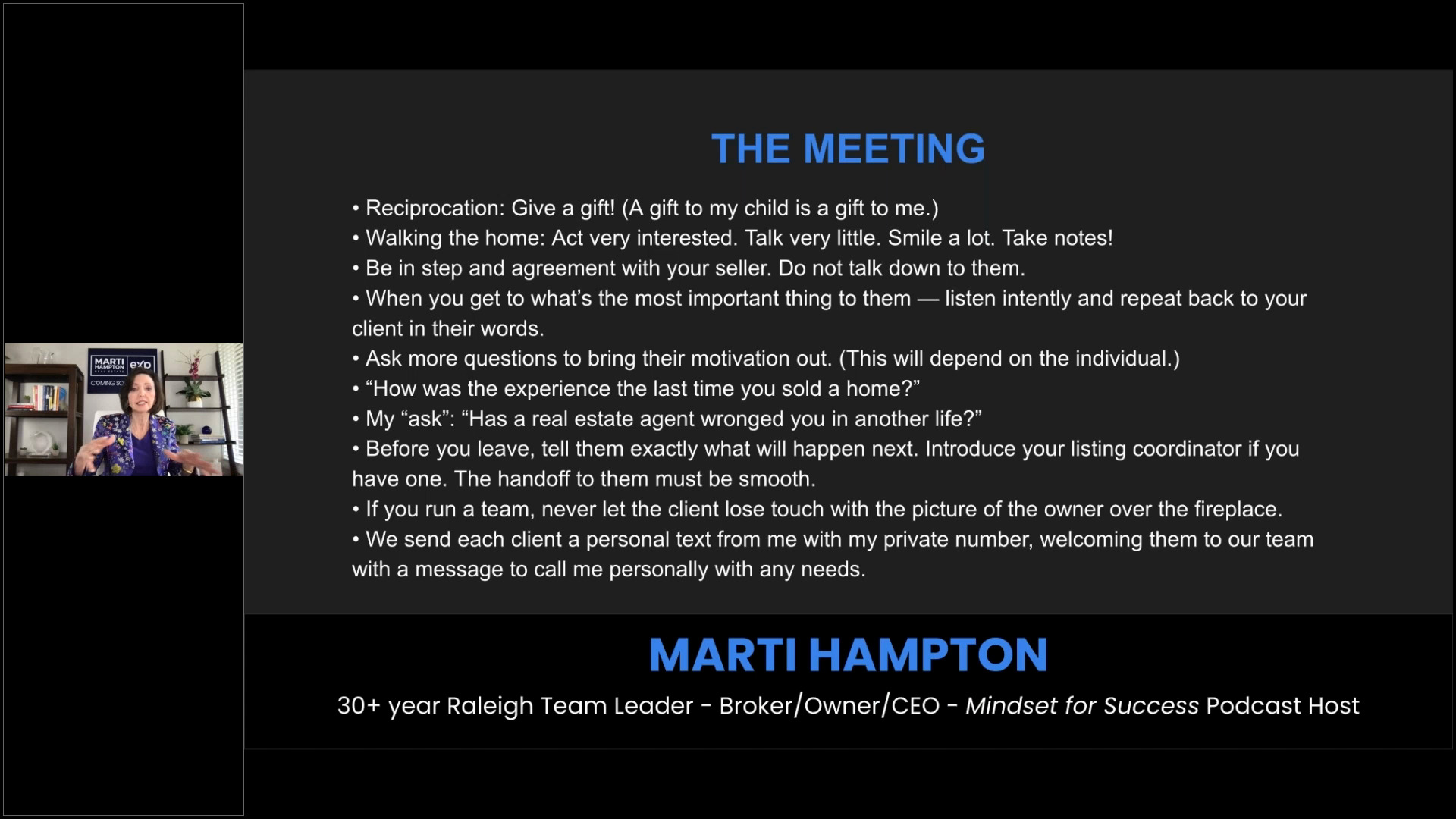
Every real estate business is different. One business could be run by one person, whereas other outfits have hundreds of agents. The six real estate leaders portrayed here are representative of both brokerages and teams, franchise and independent, and range vastly in size. What they do have in common is this — their real estate success can be traced to a few game changing habits that along the way, changed everything for their business. Focus: Team Building When the Path & Post Real Estate leadership started to think about leaving their franchise of 13 years, the first thing they did was consult the team. Becky Babcock and Brad Nix knew it was time to leave part ways after they consistently stood as the #1 team in the nation for their franchise. But they also knew it wouldn’t be possible to go independent without the approval of their team members. For a business who cements their brand around transitions, including everyone who makes the wheels turn at every big decision is a no-brainer. “We presented the concept to our team first — before we talked to the broker or anybody else. Afterwards everybody started clapping and cheering and saying “it was about time,” and “can we do it tomorrow?” and “how soon could we do it?” They were all on fire and ready to go” said Babcock. The transition from the #1 team in their franchise nationwide to an independent brokerage has gone extremely well for the Path & Post team. Read more about their story here. Focus: Proper Lead Management Scott Shuman, Director of Operations at the Sue Adler Team, had a problem on his hands. How to reach an ambitious new goal of $120 million in sales, without overwhelming his agents and sacrificing quality experiences. Shuman finagled a way to balance quality customer experiences and his agent’s time through technology. His team uses BoomTown which works well with their processes. Lead management systems are able to automate the things you do every day and also helps all agents to reach new levels, instead of a mega-agent carrying the team. No matter the technology you choose, it is an excellent way to smooth out the creases that occur when massive growth and too many office hours coincide. Learn more about this story here. Focus: Hiring & Experience Brandon Brittingham runs an agile team within the Long & Foster umbrella. His entire team structure is based upon agile and expertly picked professionals centered around one belief — that real estate hospitality reigns supreme. His real estate experts and team have been able to foster growth and expand in both income and team size as a direct result of their dedication to trying out processes, learning from mistakes, and quickly re-routing. “Brokerages, who have a couple hundred people, are being out-done by teams of 8 or 10 agents. Real estate teams can do this because they’ve committed to a belief. They’ve bought into a system. And they’ve created a culture that aligns to their goals. When you pair that with technology, that’s going to change the landscape of real estate as a whole” said Brittingham. And the main point of this is that you can create those relationships and provide more value without expending too much more dollar spend. When technology and process provides you with more time, it can be spent building relationships. Learn more about their story here. Focus: Internal Operations The Raines Group has been around the block a few times and watched real estate businesses come and go in Columbus, Ohio for over 20 years. How they survived, and now dominate the scene is an intense gaze set on internal operations. For years this is what the Raines Group prioritizes before marketing, branding, or anything else is discussed. For them this meant seeking outside advice and doing trial and error for different processes. They landed on a stringent hiring and employee onboarding process. The Raines Group strictly hires for culture fits and keeps their sales hire to operational hire at a 1:1 ratio. Several years were spent perfecting the operational processes of their business and now, over 50 percent of their business comes from referrals and repeat business. This is a direct result of hiring great talent and a client appreciation program. Next, they focused on their marketing plans, but only after internal operations were set in stone. Get their marketing strategy here. Focus: The best things come to those who have nurture campaigns. The Cassina Group in Charleston, South Carolina is, full disclosure, one of BoomTown’s first clients. They have tried a lot of the BoomTown processes, and truly been able to establish what works and what doesn’t. It’s interesting though, that after all of the beta testing, and their immense success, they are highlighted here for their immaculate habit of nurturing long term leads. Charleston has a relatively large permanent population, but there also exists a concentrated amount of top dollar second homes on the surrounding barrier islands, beaches, and historic downtown. These properties don’t always wrap up as quickly as the primary residences. This isn’t so far from what most real estate businesses are experiencing now with online leads, who on average take much longer to convert that referrals or repeat clients. Managing Broker, Owen Tyler explains: “On average, an agent in our office typically does 33 percent of their annual business from a direct BoomTown lead consumer. We’re now seeing people who originally came in the door 8 years ago who are running through a 3rd or 4th home with us.” The Cassina Group’s nurture plans are created and categorized based upon the BoomTown system’s predictive CRM and their own derivative client groupings. Read more about their story here. Need a nurture plan for online leads? We’ve got you covered. Get the emails here. Focus: Accountability and Goal Setting Craig Reger of the CRG Property Network has over 15 years of experience selling real estate in the Portland area. And his approach is one we all could relate to: goal setting. What isn’t always relatable is reaching those goals. His success lies in accountability bred into the structure of his business every step of the way. Reger uses the popular 1:3:5 goal setting structure to initiate planning. One important step along the way to helping your employees reach their goals, is to help them feasibly have a chance in the first place. This required Reger to add specialized roles into his business structure as the business grew. Without specialized roles, his agents wouldn’t be able to reach goals due to spreading themselves too thin. Adding in technology and firm processes reduced this even further, allowing them maximum time to focus on reaching their clearly defined goals. His detailed story and tips are here. Something interesting happened when we dove into our own data to explore what our most successful clients have in common. On average, these clients all had a member of their team along with the broker/owner who was an avid advocate of their technology partners and practices. For example, imagine buying a gym membership. And then never using it. (Totally unrelatable of course …) This is the everyday equivalent to investing in a business system or technology platform and not learning how to use it. Alyssa Hellman, the head coach at Bamboo Realty, has told us in the BoomTown Podcast how these team members are how real estate teams of the future will survive. Watch her episode here. These days a real estate business and its processes are one in the same. The identities are intertwined. And if there is one takeaway from all of the habits above it is the need to weave any of those habits into the everyday life of your business until it is not sold separately. Habit #1: Consult Your Team First (for everything)
Habit #2: Favor Quality of Experience Over Number of Leads
Habit #3: Commit to Real Estate Hospitality, Not Service
Habit #4: Focus on Logistics
Habit #5: Keep Your Eye on the Nurture Plans
Habit #6: Frequent Goal Setting for Individual Agents and Groups
Bonus Habit: Have a Technology Advocate



